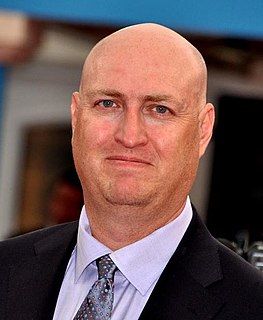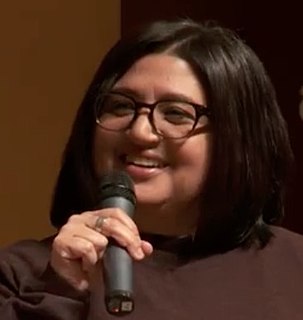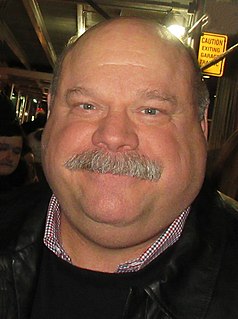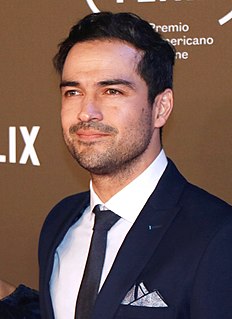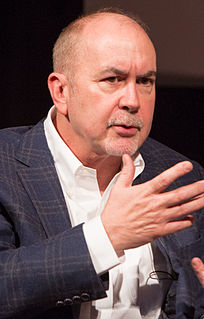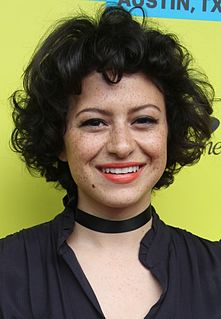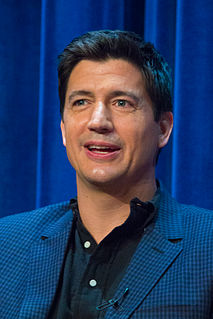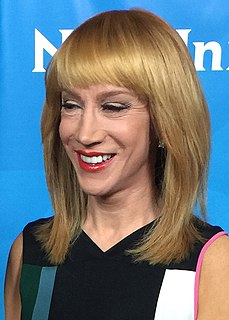A Quote by Shawn Ryan
There are certain economics involved in making a network TV show that you want to amortize the costs of that, so the more episodes you make, the cheaper they all are individually.
Related Quotes
The territory has changed, and a lot of really good actors want to do cable series, but they don't necessarily want to do network TV and make the commitment of 22 episodes or whatever. They find that the liberties and the creative freedoms that you get in cable is more interesting to them than the censorship of a network show.
I've been on my share of network dramas and comedies, and the problem sometimes in a network is they have a single-minded focus on making the show true to whatever genre it is. If you're on a drama, it better be procedural, it better fulfill all the demands of a procedural show, and you better keep those episodes independent, so if I'm watching the show in seven years as its syndicated on some other cable network, I don't have to know what happened before or after the episode. If you're on a comedy, everything has to be funny and wacky and zany.
In the world of traditional economics, it shouldn't matter whether you use an opt-in or opt-out system. So long as the costs of registering as a donor or a nondonor are low, the results should be similar. But many findings of behavioral economics show that tiny disparities in such rules can make a big difference.
Some TV shows are like really good novels in that there are enough episodes that you start to have your own feelings about how the characters should act. When the scriptwriters go slightly wrong, when they make the character make a left turn that he or she wouldn't do, you know enough about the characters to say, "No, that's not what she would do there. That's wrong." You can actually argue with a TV show in a way that you can't do as much with movie - you inhabit a TV show in the way you inhabit a novel.
There are things I'm doing with 'The After' that would've never flown on 'The X-Files' and on network television, so it's more permissive. That's not to say that you want to abuse that. I think that a show like 'The X-Files' actually worked better as a network show with the restraints put on it, the censorship that was applied.
To go from working with a group of people in a sketch-comedy show on a small network, where it was all about just creating funny stuff, to being on a network show, and the pressures of that, and getting to know the new people who were involved in it. There was a learning curve for me. But it was an education.
It was actually the production group that ended up producing the show for us...Every musician, especially in the hip-hop community, you always make these show recaps or vlogs, and essentially what "Touring's Boring" was is, we tried to make our vlogs interesting and almost more like a TV show. That's how we got discovered by TV.
